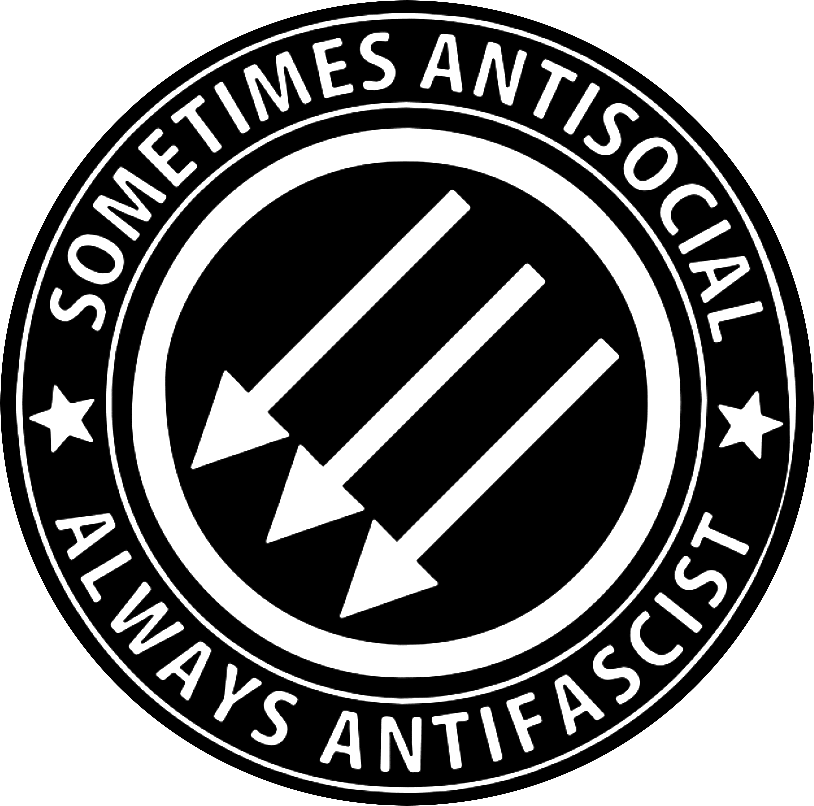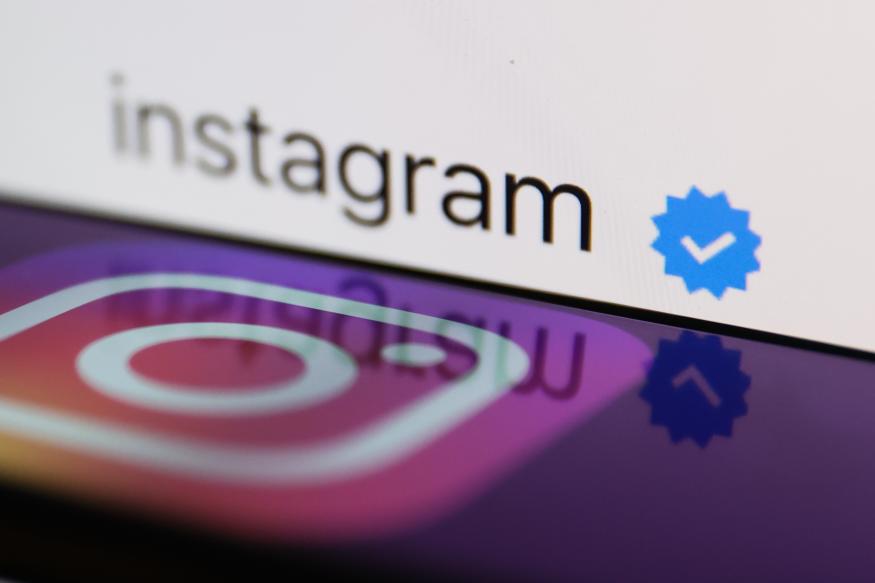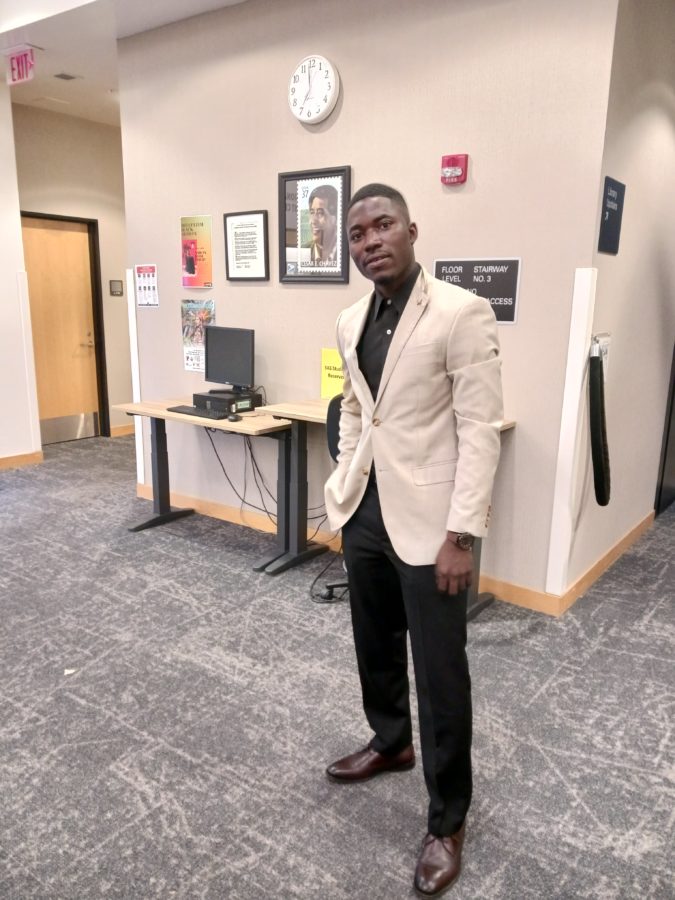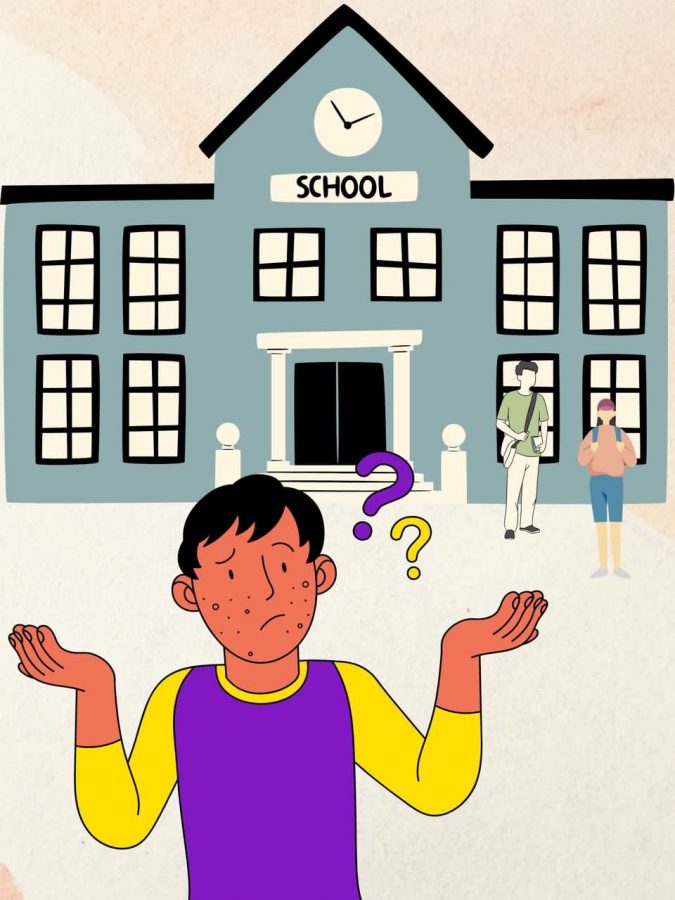I write this while sitting in the place my father would spend the last years of his life. He passed away in June from what we can only guess was cancer. He refused to see a doctor and didn’t want to spend his last weeks, or days, in a hospital bed so with my mother and sister at his side he took his last few breaths and quietly left this existence. I believe he died much sooner; when my 20 year old niece died just a few months prior. He had watched his friends and contemporaries pass over the course of the last few years and seemed resigned to his fate, but I think that the death of his first grandchild was the final blow to his will.
There is a quote, often attributed to Josef Stalin that goes, “the death of one man is a tragedy, the death of millions is a statistic.” What about five million deaths? How many deaths does it take to become a tragedy again and not just a statistic?
The worldwide pandemic has been and continues to be the cause of so much loss of life that it has become just another daily reality. According to the United States Department of Transportation, there were an estimated 38,680 traffic fatalities in 2020, the first half of 2021 there were an estimated 20,000. In the U.S. alone there have been over 777,000 COVID related deaths recorded. The numbers aren’t even comparable.
The Centers for Disease Control estimates there are on average 659,000 heart disease related deaths in the U.S. each year. It is consistently ranked the leading cause of death in this country.
The American Cancer Society expected there were 606,520 cancer related deaths last year, which was in fact a lower number than previous years and has been in decline the last 26 years. Worldwide the number is estimated at ten million.
Are these statistics? Are they tragedies?
I’ve struggled to put my own personal loss into perspective. I’ve struggled to process the amount of people who have died these last two years and have seemingly gotten lost in the overwhelming amount of death staring us all squarely in the face. I’ve heard stories of people feeling robbed of their grief because there is so much to go around.
There is a rush to return to normalcy, to move past the hurt and focus on what lies ahead. On our campus at San Jose City College the outdoor mask mandate has been lifted and it is expected that next semester there will be a full return to actual class rooms. Companies are ending their work from home policies and travel bans are being lifted around the world.
The news comes about a new variant and so many people ho-hum their way to the market, or to a concert. Sports leagues have been working non-stop to fill their arenas and stadiums. The images from the games show a great number of people wearing masks, and wearing them correctly, fully covering the nose. Yet at these same events there are quite a number of people still not wearing their masks with any efficacy or not wearing them at all.
There is still violent opposition to the vaccines available, and even a city in northern California that has declared themselves a constitutional republic to show their opposition to the mask mandate. Because obviously death is ok just as long as nobody forces you to wear a mask I.e. care about the welfare of others.
I started this column wanting to talk about the death of my father and niece and even I have been forced into thinking about so many other deaths that not enough time has been given to properly mourn their loss. And so goes the world.
If You Know Someone in Crisis Call the National Suicide Prevention Lifeline (Lifeline) at 1-800-273-TALK (8255), or text the Crisis Text Line (text HELLO to 741741). Both services are free and available 24 hours a day, seven days a week. All calls are confidential. Contact social media outlets directly if you are concerned about a friend’s social media updates or dial 911 in an emergency. Learn more on the Lifeline’s website or the Crisis Text Line’s website.







